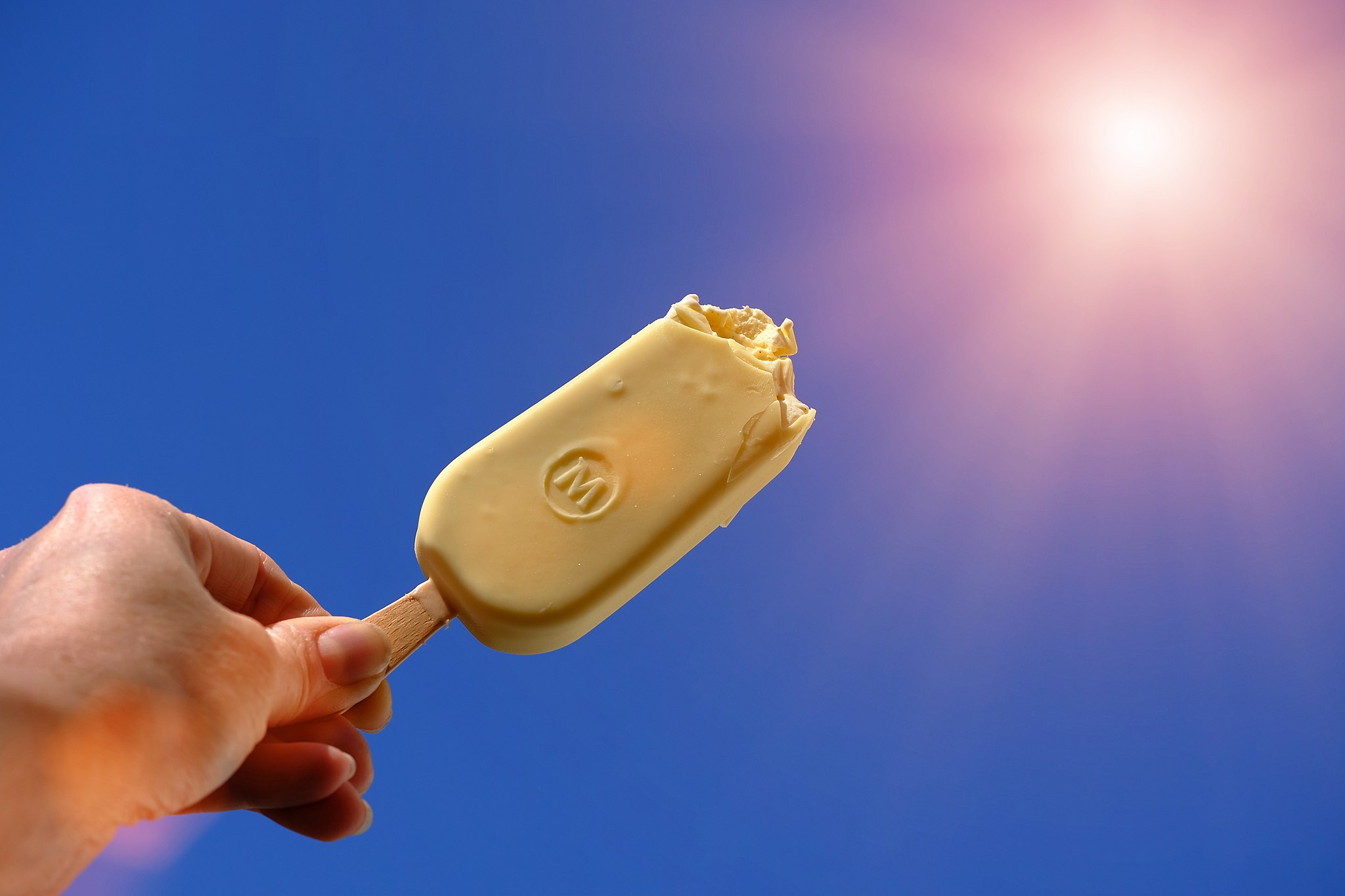Unilever Responds to a Washed-Out Ice Cream Season
Posted by Emily on 26th Oct 2023 Reading Time:
This summer witnessed a steep decline in ice cream sales, partly owing to inclement weather, reports the producer of Ben & Jerry's and Magnum, Unilever. The company, custodian to other familiar brands such as Dove soap and Hellmann's, indicated that its sales also suffered due to consumers opting for more affordable alternatives.
 Bru-nO on Pixabay, CC0, via Wikimedia Commons
Bru-nO on Pixabay, CC0, via Wikimedia Commons
Despite these challenges, Unilever's underlying revenue increased by 5.2% in the quarter leading to September, following a company-wide price hike. However, the corporation's chief conceded that performance could have been more robust, proposing a strategy to accelerate expansion.
In terms of volume, Unilever experienced a 10% reduction in ice cream sales throughout the summer, primarily attributed to Europe's dreary weather and a consumer trend favouring less expensive products. This slump was somewhat counterbalanced by a surge in prices exceeding 8%, resulting in a mere 3% revenue decrease in this particular division.
Concurrently, the escalating cost of living seems to have negatively impacted the group, evidenced by dwindling sales of products like Knorr stock cubes, as consumers gravitated towards more economical brands.
In contrast, Unilever's beauty and personal care selections, featuring names such as Dove and Vaseline, defied this downward trajectory, registering a significant rise in sales.
Unilever, similar to its peers in the consumer goods sector, has encountered backlash for escalating prices over recent years while reaping increased profits. In the quarter ending in September, price tags throughout the company climbed by 5.8%, whereas sales volume receded by 0.6%, culminating in consumers shelling out more for less.
 Unilever, Public domain, via Wikimedia Commons
Unilever, Public domain, via Wikimedia Commons
Nevertheless, Unilever has dismissed these accusations, previously asserting that it was grappling with augmented input costs and was not engaging in "profiteering in any form." This Thursday, chief executive Hein Schumacher acknowledged that the company was broadly not realising its full capability and introduced an initiative for revitalisation. He detailed that the company is poised to intensify innovation and funnel more investment into its top 30 brands, accounting for 70% of its sales.
This initiative encompasses emphasising the brands' "superiority" in contrast to budget-friendly options and honing in on pledges related to sustainability.

